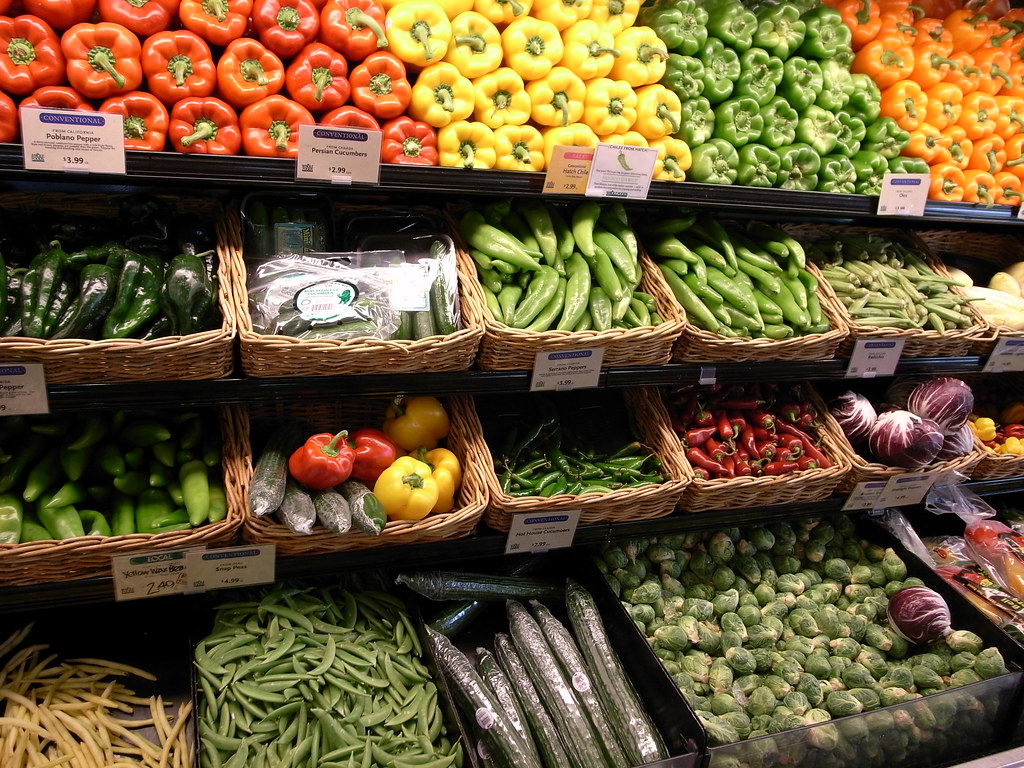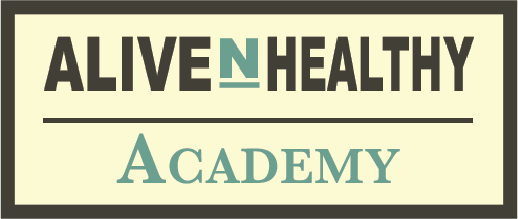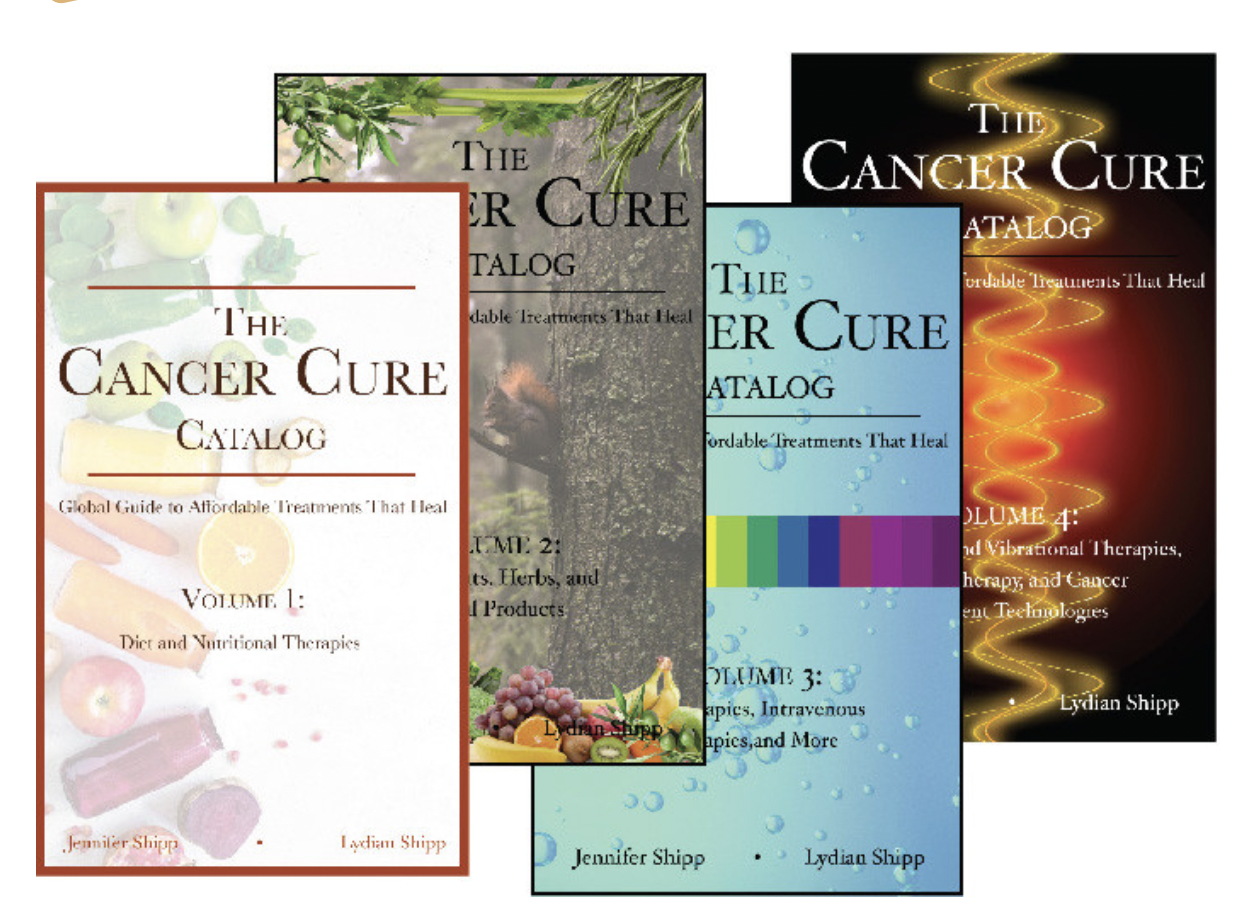Low-Sugar / No Sugar Whole Food Anticancer Diets
 A number of anticancer diets emphasize the importance of eating a low-sugar/no sugar diet. While some diets allow the use of honey or maple syrup, all of the cancer diets in this book emphasize the importance of avoiding refined sugars. The reason why is simple: cancer cells eat sugar—lots of it. If you remove their primary food source, it becomes more difficult for cancer cells to survive.
A number of anticancer diets emphasize the importance of eating a low-sugar/no sugar diet. While some diets allow the use of honey or maple syrup, all of the cancer diets in this book emphasize the importance of avoiding refined sugars. The reason why is simple: cancer cells eat sugar—lots of it. If you remove their primary food source, it becomes more difficult for cancer cells to survive.
Removing sugar from the diet is one of the first things that every cancer patient should do. Sugar is insidious though. Patients have to read food labels and ingredients lists. This may sound like a lot of work, but in reality, foods that contain more than 5 ingredients should generally be avoided anyway. One principle that’s easy to follow is to shop around the outside of the grocery store. Linger in the produce section. Don’t eat canned, boxed, or processed foods. Buy only whole grains. Avoid “white” foods like white rice, white bread, white sugar. This is the advice given by the vast majority of cancer experts who devoted their lives to working with cures for cancer.

Become an Expert. Do our Anticancer Video Courses online now.
Dr. Philip Binzel’s book Alive and Well: One Doctor’s Experience with Nutrition in the Treatment of Cancer Patients talks about how he struggled to learn about nutrition from Dr. Krebs (who taught himself about nutrition and the role of vitamin B17 in curing cancer). Doctors in the United States, as a rule, are not educated on the topic of nutrition. Whatever education a doctor has on the topic of nutrition is likely to be the result of his or her own private studies. A number of very wealthy individuals profit immensely from doctors’ lack of knowledge about food. Doctors tend to prescribe drugs or schedule surgeries instead of giving patients advice about lifestyle changes that could promote lifelong healing because drugs and surgeries are more profitable to Big Pharma that patients who have healed after a cancer diagnosis.

Click here to buy the 4 volume Cancer Cure Catalog series.
We’ve organized our material about anticancer diets into two sub-sections: diets that require patients to use supplements such as vitamins, minerals, or herbs and diets that don’t. From our research, it appears that both stances are valid. Some experts in cancer nutrition believe that it’s best for patients to get all of their nutrients from food because these nutrients are more bioavailable than nutrients from supplements. But while this makes sense, the food that’s currently available to most people in the United States and in other developed countries is seriously lacking in nutrients. Many of the doctors who were able to cure cancer naturally, developed their methods during a time period in history before governments of the world were purposely removing nutrients from the food supply in order to cause an upsurge in diseases. In the U.S. especially, food must travel a long distance to arrive at its post of distribution. By this time, it may have endured cold, heat, and chemicals, and it is by no means fresh. Most of the “fresh” foods in the U.S. are sprayed with organophosphates or bromide-containing insecticides. Farm animals are given organophosphate-containing drugs to kill lice, fleas, or ticks, and those organophosphates end up in every meal. Genetically modified (GMO) foods are modified to NOT go through the shikimate pathway to produce nutrients like vitamin K2, vitamin K1, L-tryptophan, L-tyrosine, Coenzyme Q10, folate, and more. These are the conditions that diminish the nutrient content of the foods that we eat. Ultimately, nutrient deficiencies cause diseases like cancer. As such, nutrient supplements might be necessary or at least helpful in overcoming a disease like cancer. Click here to learn about the Lugol’s iodine protocol, which was designed to cure cancer and support a healthy anticancer diet.



















